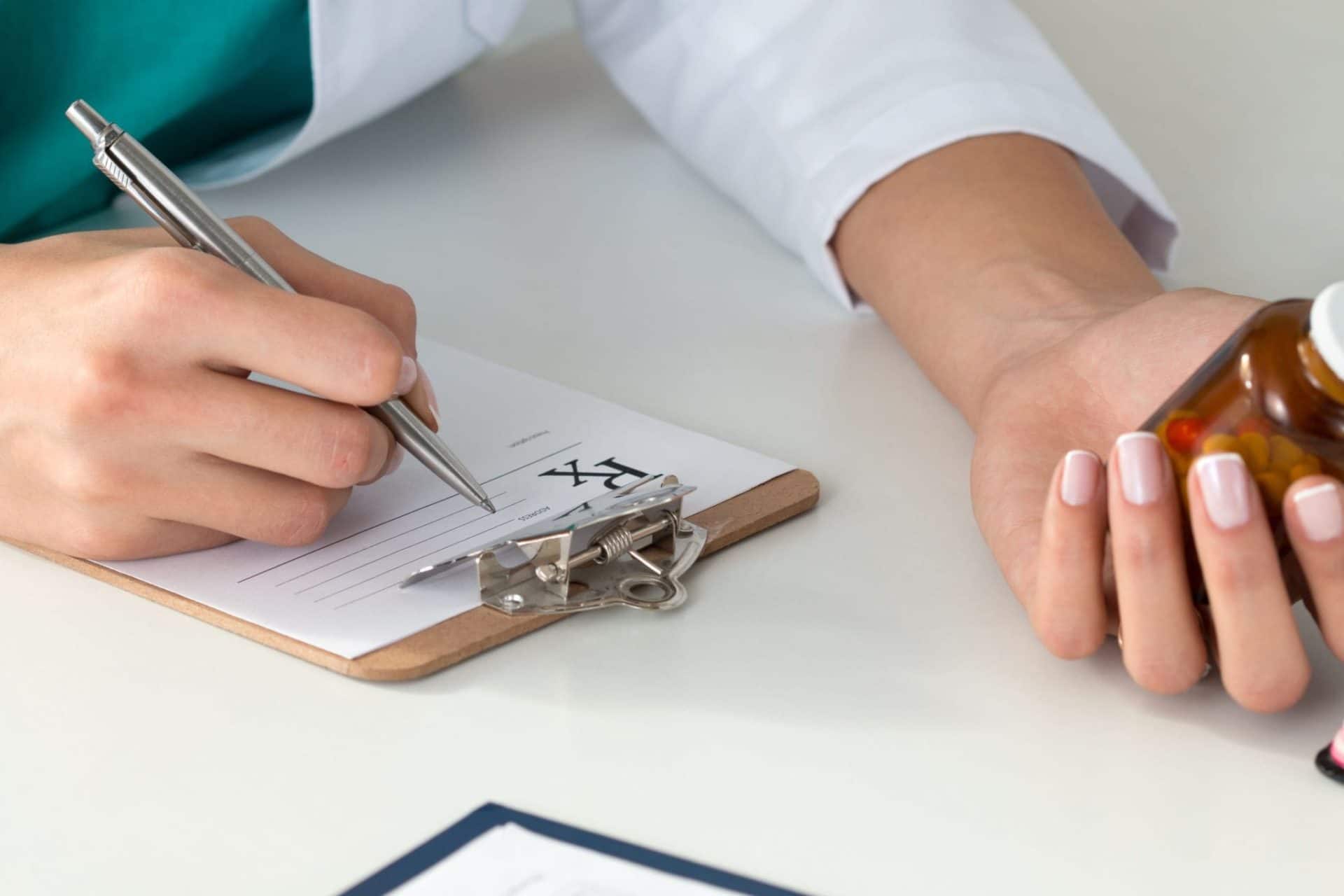Illinois Takes Prescription Drug Crimes Seriously — Know the Law
The fact that prescription drugs can be obtained legally from a pharmacy has given rise to two widely believed myths: One, the drugs are somehow less dangerous than other illicit drugs. The other, law enforcement takes their illicit handling less seriously.
The reality is, prescription drug abuse can be deadly, and law enforcement is only one of a host of agencies and organizations now paying close attention.
If there is any potential you could be accused, you’re going to want to read this quick reference guide covering prescription drug crimes in Illinois.
Prescription Drugs are Just as Dangerous (and Illegal) in IL
Many people are lulled into a false sense of security by the fact that prescription drugs are prescribed by doctors. Instead, headlines continue to surface about the droves of drug overdoses across the nation caused by prescription medications.
These drugs are meant to serve a specific purpose. When ingested improperly or by the wrong person, the effects can prove serious or fatal. You should never take anyone else’s prescribed medication, nor should you allow anyone else to for any reason.
Moreover, the US is in the midst of a crippling opiate epidemic. Studies have shown that most heroin addicts get started on prescription painkillers.
For this reason lawmakers and enforcers are taking a heavy-handed approach to striking back at prescription drug crimes.
Illinois Prescription Drug Crime Charges
Unauthorized possession or distribution of prescription drugs is illegal, and if caught you will be arrested and charged with a crime. Often these convictions are punishable by jail time.
There are four primary ways law enforcement typically categorizes drug crimes. Two of them pertain to those handing out the meds, the other two are related to the people who take them.
Possession, Distribution and Use Crimes
Possession and trafficking charges are no longer just about dealing in dark corners. Whether you’re a pharmacist, a doctor, a dealer or drug seeker, makes no difference.
Handling prescribed medications in a way other than intended could leave you facing drug crime charges.
Because most interactions related to prescriptions inadvertently create a paper trail, in this way, it’s actually easier to be convicted when caught. Still, many prescription drug crimes are initially uncovered through searches and sting operations, similar to street dealings.
Painkiller Overprescription
As the opiate epidemic has taken hold, America’s appetite for painkillers has grown exponentially. Some doctors, in turn, have cashed in on the demand.
In Illinois and across the US, there are pain clinics that operate specifically to dole out opiate prescriptions to recreational users and addicts, dubbed “pill mills.” Just last year, a major pill mill (responsible for 58% of fentanyl prescriptions across Illinois) was busted.
Physicians may be subject to prescription fraud charges for issuing prescriptions outside the usual course of the doctor’s practice, or for an illegitimate medical reason.

Doctor Shopping
On the other hand, doctors are actually legally limited to how much medication they can prescribe. So in the wake of the current crisis, many ethical doctors have grown reluctant to prescribe these painkillers unless absolutely necessary.
Sometimes, patients that are denied a prescription — but are also prescription drug abusers — will go to multiple doctors in order to obtain the narcotics. This is known as “doctor shopping.”
If a patient goes to a doctor seeking out a narcotic prescription and fails to tell the doctor that he or she is already taking medications or has other prescriptions, it’s considered criminal fraud.
Prescription Fraud
Some drug-seekers actually obtain prescription drugs without a valid doctor’s prescription. These crimes are known collectively as prescription fraud.
Common prescription fraud practices include:
- Forging prescriptions using a stolen prescription pad
- Using computers to create false prescriptions
- Impersonating medical personnel to call in prescriptions
- Altering quantities specified on a prescription
The passing of new regulations on prescription drug fraud has made this offense more difficult to hide. Therefore, you’re more likely to face criminal charges not only for illegally possessing the drugs, but also for committing fraud to obtain them.
Drug Crime Charges Do Not Equate to Conviction in Illinois
If you are facing prescription drug crime charges, know that a charge does not equate to a conviction. Depending on the specifics of your case, there are a number of defense strategies that could be used to beat or reduce them.
Defense strategies for possession and dealing are often similar to those of other drug crimes, and include defenses such as unlawful search and seizure, defective search warrants, and lack of knowledge.
An approach to prescription drug fraud might include calling attention to matters such as insufficient evidence, lack of intent, and the possibility of entrapment.

If a doctor is charged with prescription drug crimes, the “good faith” defense, which argues that the doctor would not have prescribed the drug if the patient had disclosed certain facts, is often applicable.
Regardless of the type of offense, Illinois takes prescription drug crimes very seriously, and it is imperative to be proactive in the fight against you. Otherwise you could be facing prison time and hefty fines.
About the Author:
Andrew M. Weisberg is a former felony prosecutor who now serves as a defense attorney in the greater Chicago area. He has extensive experience in handling all types of criminal cases, from sex offenses and domestic violence to retail theft-related crimes, murder, and drug crimes.







 Blog Home
Blog Home 










